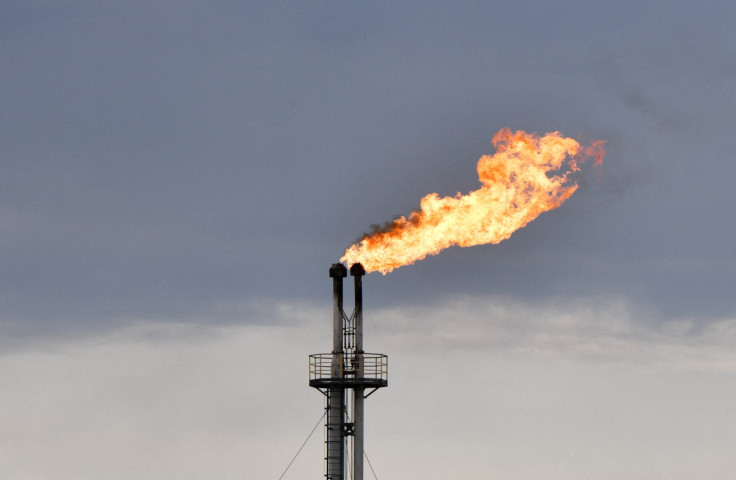Russian Oil Diversion Post-EU Sanctions To Raise Shipping Hurdles

Oil markets are bracing for the biggest shift in global trade flows ever as nearly 3 million barrels per day of Russian crude oil and products will have to be diverted to markets outside Europe and advanced economies when European Union sanctions take effect in the coming months, Vitol executives said.
The European Union will ban Russian crude imports by Dec. 5 and Russian oil products by Feb. 5, depriving Russia of oil revenues and forcing one of the world's top oil producers and exporters to seek alternative markets. The Group of Seven nations, led by the United States, plan to keep Russian oil accessible and minimise supply disruptions that could cause prices to spike by imposing a price cap on Russian exports.
Vitol's Chief Executive Officer Russell Hardy said Russian oil would be rerouted to Asia and the Middle East while Asian production would be exported to Europe as a result of the changing trade flows.
However, about 2 million barrels per day (bpd) of Russian crude and 1 million bpd of products will have to be routed somewhere else, putting a strain on the shipping sector, Vitol's Global Head of Research Giovanni Serio said at the APPEC 2022 conference.
The average voyage for Russian oil exports to Europe is about seven days and if the export comes to Asia, it will be three times longer at 21 days, he said.
This corresponds to nearly a 3% increase in shipping activity measured in ton-miles, he said. A ton-mile is defined as one ton of freight shipped one mile and reflects the volume and the distance shipped.
A key challenge faced by trading houses will be the shortage of smaller Aframax vessels necessary to load oil from Russian ports, he said, adding the number of ships required for these trades will increase by 10%, or roughly 70 more Aframaxes.
"There is already a lot of incentive to switch the ship size from Aframax into Vs (Very Large Crude Carriers) that are going to be more available," Serio said. However, ship-to-ship transfers will be required for large vessels, he added.
The bottlenecks are exacerbated by the sanctions which affect European shipping companies, insurers and financial service providers by preventing them from being involved in the trade of Russian oil into other regions, he added.
The world will have to grapple with fewer supplies if Russian oil cannot be diverted elsewhere because of micro and macro constraints such as countries finding it "politically unpalatable" to buy the oil, Sergio said.
Indonesia's state energy major Pertamina, which is considering buying Russian crude, is still assessing technicalities on the suitability of the crude for its refining systems and payment mechanism, Triharyo Soesilo, a special adviser to Indonesia's Minister of Energy & Mineral Resources, told Reuters.
"There are currently plans to address these technicalities, ongoing but not decided," he said.
Indonesia's energy minister previously said the government was open to buying cheap oil from any country, though it had yet to buy Russian oil as "the goods are not available."
© Copyright Thomson Reuters 2024. All rights reserved.



















